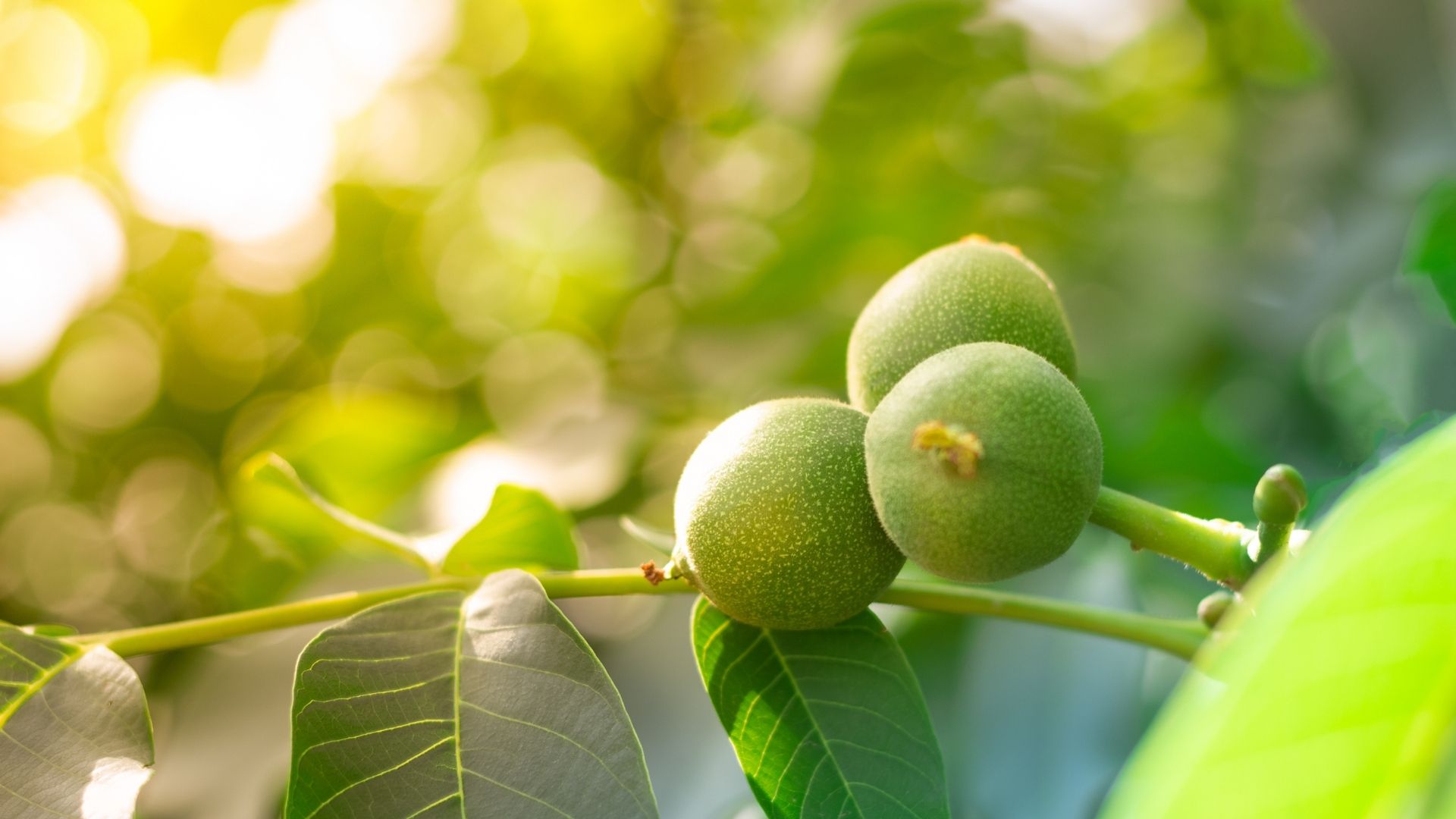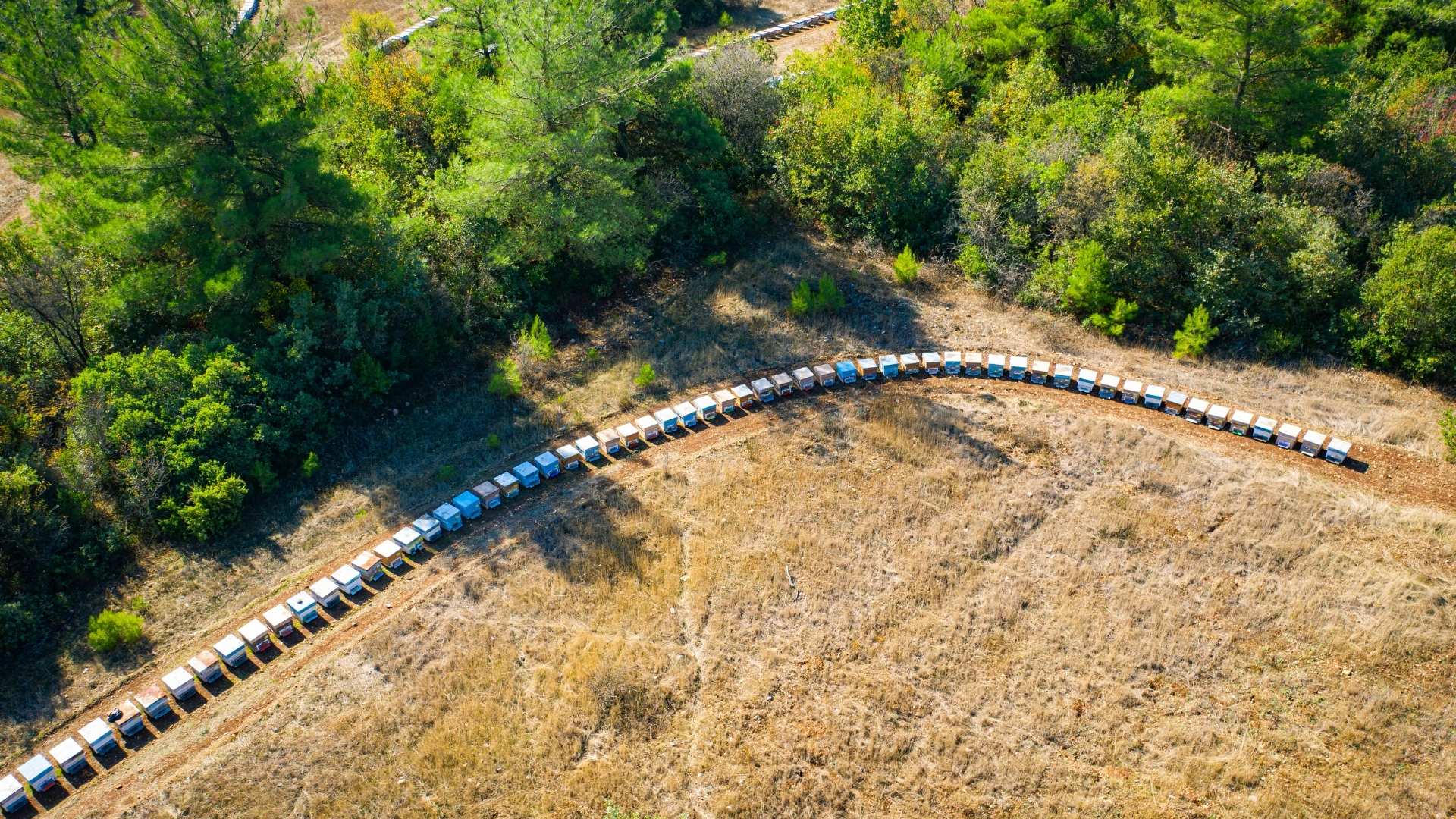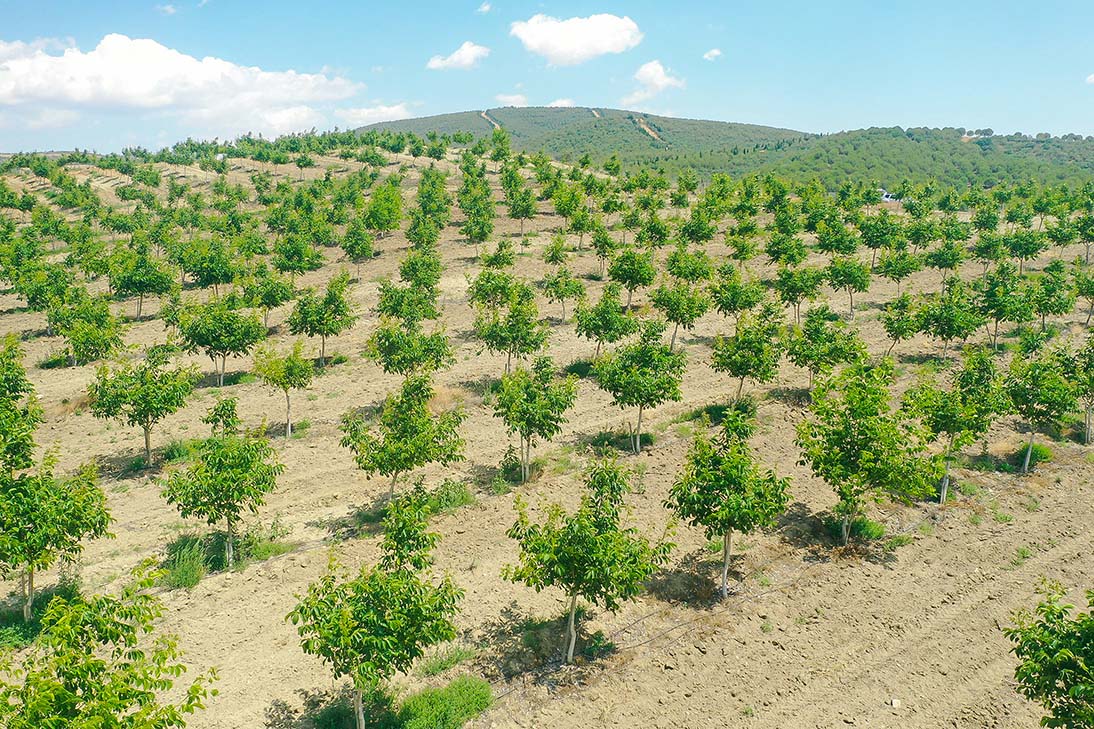
Inflation’s Positive Impact on Investing in Farmland
In times of tumultuous market fluctuations, investors turn their attention to the effects of inflation as the investment landscape shifts. Traditional asset classes such as bonds and equities can perform poorly when inflation rises above 4%, so savvy investors are mindful of maintaining a diversified portfolio to mitigate the negative effects of inflation. The current inflation upsurge across the globe is turning investors’ eyes toward an attractive, inflationary resilient investment option: farmland. Agricultural investment is fast becoming a hot commodity, directed by two pressing trends. Namely, the rise in demand for a sustainable food supply and the diminishing supply of quality arable land. The growing concerns around food and land scarcity suggest that farmland prices will continue to benefit from strong appreciation. So, how is farmland as an asset class responding to high inflation, and how does this positively affect farmland prices and farmland investing?
Inflation: An Overview
Inflation affects all aspects of domestic and global economies, so understanding it is vital to investors as it can reduce the value of investment returns. The inflation process is most widely indicated by CPI and PCE and is broadly understood as the rise in prices for goods and services, with the target rate for inflation generally sitting at around 2%. Many factors contribute to rising inflation, including adjustments to fiscal and monetary policies such as quantitative easing and pressures on the supply and demand aspects of the economy.
When inflation rises dramatically, it can have a destructive effect on a country’s economy as the purchasing power of money is diminished, affecting consumers and businesses alike. Hikes in interest rates are often introduced to remedy high inflation, which makes borrowing more expensive for businesses and consumers, consequently discouraging spending and investment. Furthermore, the rise in interest rates has a direct impact on the stock market. In correlation to the rise in interest rates, the cost of running businesses rises, resulting in decreased earnings and returns for companies. This can hinder their growth rate and stock’s value.
Asset classes with fixed-term cash flows are often casualties of high inflation as opposed to real assets and commodities, which have the potential to weather the storm of high inflation. By investing in farmland, you can profit from both inflation-mitigating asset classes in one purchase.
The current state of Inflation
In the aftermath of the pandemic, inflation has risen to its highest level in decades. A recent report from the Bureau of Labor Statistics states that the annual rate of inflation in the USA was at 8.6% in May 2022, as measured by the Consumer Price Index. On a wider scale, an interim report on post-pandemic inflation in 37 OECD member nations shows some staggering results. 9 of the member countries display double-digit inflation, 16 countries recorded a four-fold increase in the first quarter compared to two years prior, and Israel took a nail-biting lead with an astonishing 25- fold increase. Many countries have turned on the printing presses in the twilight of the pandemic, and as we can see from these figures, this is encouraging inflation globally, not just locally. Correspondingly, protection against inflation is of heightened importance to investors now more than ever.
Farmland Prices display Asset Inflation
The term asset inflation pertains to the phenomenon of asset prices raising beyond the underlying intrinsic value of financial or real assets like stocks, commodities, and real estate such as agricultural land. Asset inflation is not monitored by the same indexes as consumer goods inflation and is specific to the particular asset or asset group. Recent changes in agricultural real estate values reflect this idea of asset inflation.
The United States Department of Agriculture released a summary report of land values for 2022, showing an overall 12.4% increase in the average value of farmland real estate per acre ($3,800) between 2021 and 2022 in correlation with rising inflation. It is no surprise that farmland is drawing the attention of investor interest. Of course, there are other positive factors influencing the agricultural real estate market such as low availability and a rise in commodity prices, but nonetheless, the result is asset inflation and farmland prices appreciation.
Investing in Farmland as an Inflation Hedge
Farmland has historically performed very well as an inflation mitigating asset. Farmland returns have traced the movement of rising prices with a 70% correlation to the CPI. In relation, commodities such as crops produced on farmland have historically displayed a strong correlation ahead of equities, bonds and gold. Farmlands value can appreciate while concurrently creating a secondary cash flow from crop sales.
As a real asset, and a decreasing one, farmland benefits from a unique position as it creates its own inflationary hedge simply by its own scarcity, increasing its value as a deflationary asset.
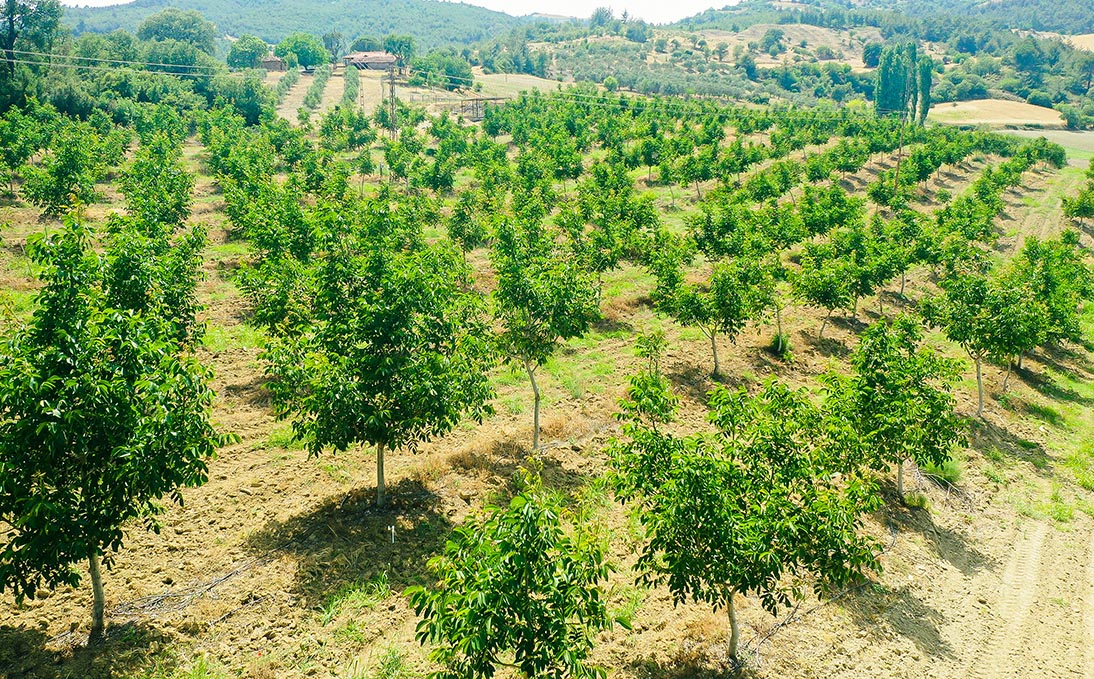
Investing in Farmland and Returns
Farmland returns are comprised of several components which include income from yields, rental income (depending on how the land is managed) and long-term appreciation of the land. In our current economic climate, there are several factors having positive effects on the price of farmland and there is optimism for investing in farmland as the value of farmland is set to become even stronger in the near future.
Commodity price increases
When farmland generates more income, its value increases and we are currently observing a two-fold after effect of the pandemic, which is boosting the prices of food commodities. With societies returning to normality and returning to work, spending habits are changing and the demand for food products is rising. We are also still catching up from the lag of food supplies and interrupted logistics caused by the standstill of the pandemic. Consequently, the higher demand and recovering supply chains have hiked up prices, which you will have noticed when visiting your favourite restaurant or local grocery store. Global food prices have surged 65% since the beginning of the pandemic, and this is having a positive effect on farmland prices.
Land price increases
Annual appreciation is somewhat expected by buyers who invest in farmland, and we are seeing historic increases in farmland prices since the start of the global crisis. High commodity prices, inflation, low interest rates and global unrest which is affecting supply chains have all had a strong impact on pushing farmland prices to a new threshold. Similar to the price jump in the USA that we covered above, the value of farmland acres in the United Kingdom has risen 14% between March 2021 -2022 and some of the most desirable areas of commercial farmland are selling for £12,000/ acre. This is exciting news for investors with a stake in agricultural real estate.
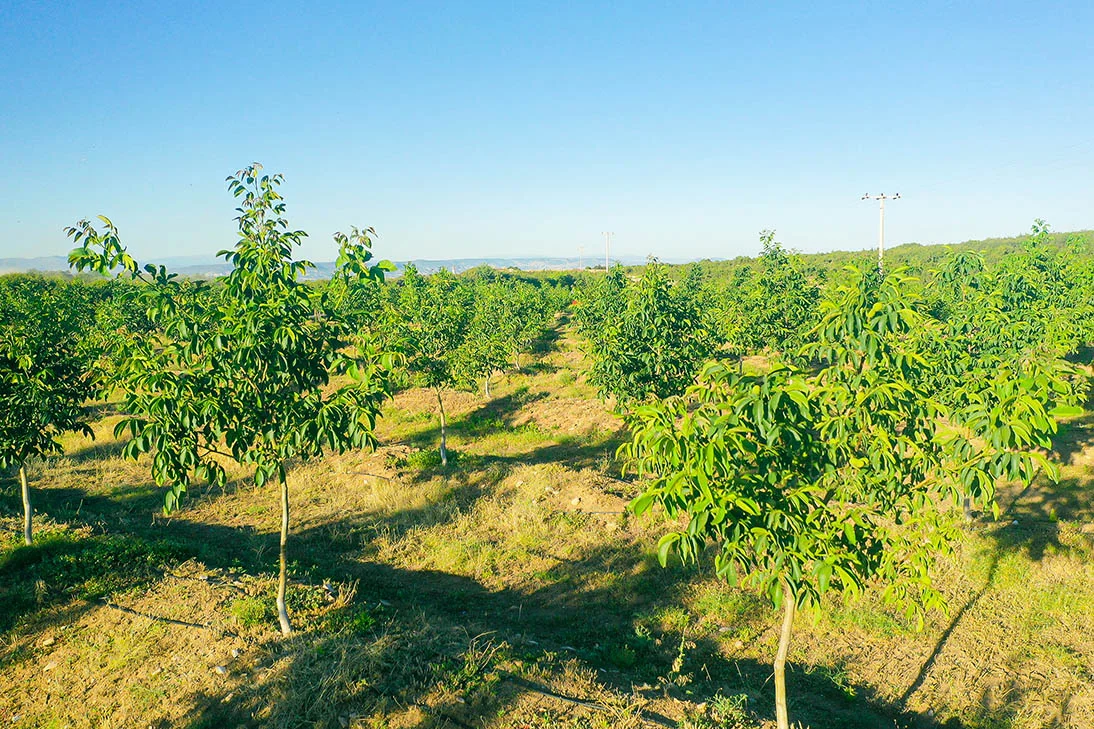
More Factors Boosting Agricultural Performance and Encouraging Farmland Investment
Improved technology– has raised productivity levels, in turn increasing yields and also lowering production costs. This makes farmland more profitable and raises its prices.
Growing demand from investors– comes as our global focus on environmental impacts and decarbonisation sharpens. Farmland investment provides a real opportunity to positively affect environmental concerns and, as such, is proving to be an increasingly inviting asset class.
Long-term supply and demand– the United Nations predicts that more than 250 million acres of crop farmland will be lost globally by 2050. In the US alone in 2021, 1.3 million acres were lost, and this developing scarcity drives farmland prices upwards.
The Accretion of Farmland Prices makes Investing in Farmland Good for Your Portfolio
Farmland has historically been the territory of institutional investors, with individual investors struggling to access the asset class due to a lack of viable investment models. However, the landscape of farmland investing is shifting, and at Farmlands Invest in Invest4land, we are offering a unique investment opportunity that could help to drive the growth potential of your portfolio. Agricultural land is set to remain a strong investment opportunity for the foreseeable future and maintaining your portfolio with inflation-hedging assets can help protect against unpredictable spikes.
Learn more about how you can capitalize on rising farmland prices through our secure investment model by speaking to one of our knowledgeable advisors, or click here to read our FAQ to get started.


